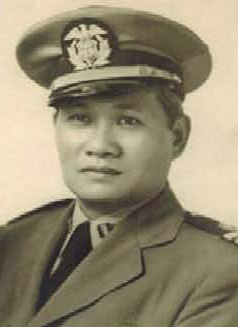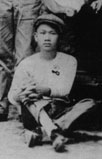A runaway youth’s life mirrors experience of Fil-Am pioneers
WAIPAHU, Hawaii — Denis Rodill, a 14-year-old runaway from Manila, arrived in Seattle in 1908 aboard a U.S. Army transport ship. He was among the earliest Filipinos to set foot in the United States, arriving well before the crest of the 1920s’ Filipino immigration wave.
The life of Denis Rodill, 1894-1977, will recalled by his daughter, Dr. Diane Rodill, as an example of the mostly unrecorded lives of early Filipino sakadas who moved from place to place to fulfill the American dream.
The presentation is sponsored by Filipino-American Historical Society of Hawaii, UHM Office of Multicultural Student Services, Hawaii’s Plantation Village and 4Culture. It will be on Sunday, September 13, at 4:00 – 5:00 p.m. Social Hall, Hawaii’s Plantation Village 94-695 Waipahu St., Waipahu, Hawaii. Reception to follow. The event is free and open to the public.
Denis Rodill’s saga includes working in Seattle’s 1908 waterfront, Kauai’s 1910 sugar plantations, Kodiak’s 1915 salmon canneries, and Weyerhaeuser’s 1926 lumber industry. His story reveals a rascal youth whose maritime passion and resilience propelled him to overcome enormous challenges.
His daughter, Dr. Diane Rodill, lives in Seattle, Washington. She served as a Peace Corps volunteer in Sorsogon, Philippines, worked for the U.S. Department of Health & Human Services and Peace Corps Headquarters in Washington, D.C. and Peace Corps in Nairobi, Kenya.
In 2008 she saw a poster on the discrimination of WWII Filipino Merchant Marines at the Cincinnati Museum, which inspired her to conduct research on her father’s life, a life heretofore largely unknown to her.
For inquiries: fahsoh808@gmail.com
Like us on Facebook

